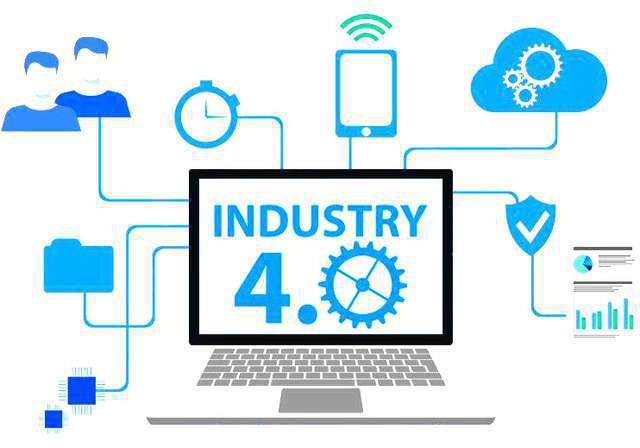
Quality 4.0 is a less popular concept that defines the technologies, practices and processes needed for better quality management. On the basis of the Boston Consulting Group's Quality 4.0 study, 3 technologies have been identified that will be implemented by most manufacturers who plan to improve quality management:
- predictive quality analysis
- machine vision quality control
- Standard Operating Procedure (SOP)
Table of Contents
Industry 4.0 is profoundly changing the processing and manufacturing industries. The term covers all the rapidly evolving technologies, processes and practices that are currently changing the world of production. Quality 4.0 is a less popular but rapidly developing concept in Industry 4.0. It tries to further classify those specific technologies, practices, and procedures that enable manufacturers to develop, manage and maintain quality standards throughout their supply chain. Quality 4.0 not only affects what happens in the factory - it covers the entire supply chain - from research and development, to sourcing, production, logistics and sales, to after-sales services and other corporate functions - to administration and management.
According to the report, almost two-thirds of manufacturers believe that quality 4.0 will significantly affect their performance in the next five years. However, only 16% say their company has started implementing Quality 4.0 practices and 63% have not even reached the planning stage. While companies recognize that Quality 4.0 can generate significant value, only a few have defined a detailed strategy and have already launched an implementation program. Success in quality management can only be achieved through a multi-faceted approach which, in addition to technological considerations, also encompasses the full range of strategic and cultural practices.
The three key enabling technologies behind Quality 4.0
Predictive quality analysis
A tool used by manufacturers to predict the quality of products, components and materials that are already in the production process. Predictive Analytics starts with cleaning, formatting, and analyzing the massive amounts of data collected during manufacturing process. Statistical algorithms and machine learning are then applied to the data to obtain useful information. These insights can enable manufacturers to reveal useful correlations between critical variables, recognize data patterns, detect anomalies, and predict future outcomes and trends. It can solve the root causes of problems in advance - before any quality problems arise.
Machine vision quality control
It is a type of technology that, using cooperating electronic devices, performs automatic visual analysis of the environment. The development as well as the increase in the availability of cameras meant that vision control entered production plants by storm. Accurate and repeatable measurements, speed of operation and reliability have made production control virtually dependent on vision systems. The applications of machine vision in the industry and production process are huge, it is used in such sectors as: completeness control, dimensional analysis, position control, and many others.
Standard Operating Procedure (SOP)
A standard operating procedure is written, step by step, as a set of instructions that describe how to perform a routine operation. The SOP can be used to provide instructions for manual and automated tasks, and can also serve as a guide to safe work practices. Employees should complete them in the same way every time to keep operations consistent. SOPs can help manufacturers establish consistent working practices across organizations, maintain a high level of quality, ensure work efficiency and safety, avoid misunderstandings, and prevent non-compliance with industry regulations. It can improve the production process while minimizing the risk of errors.
source: polskiprzemysl






